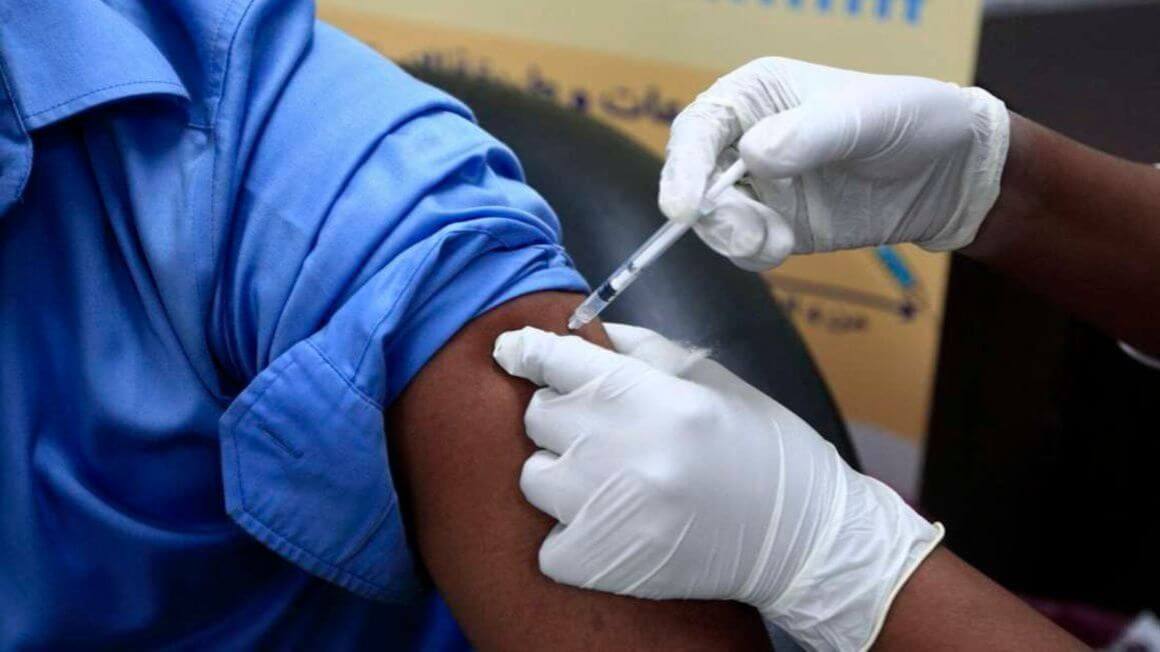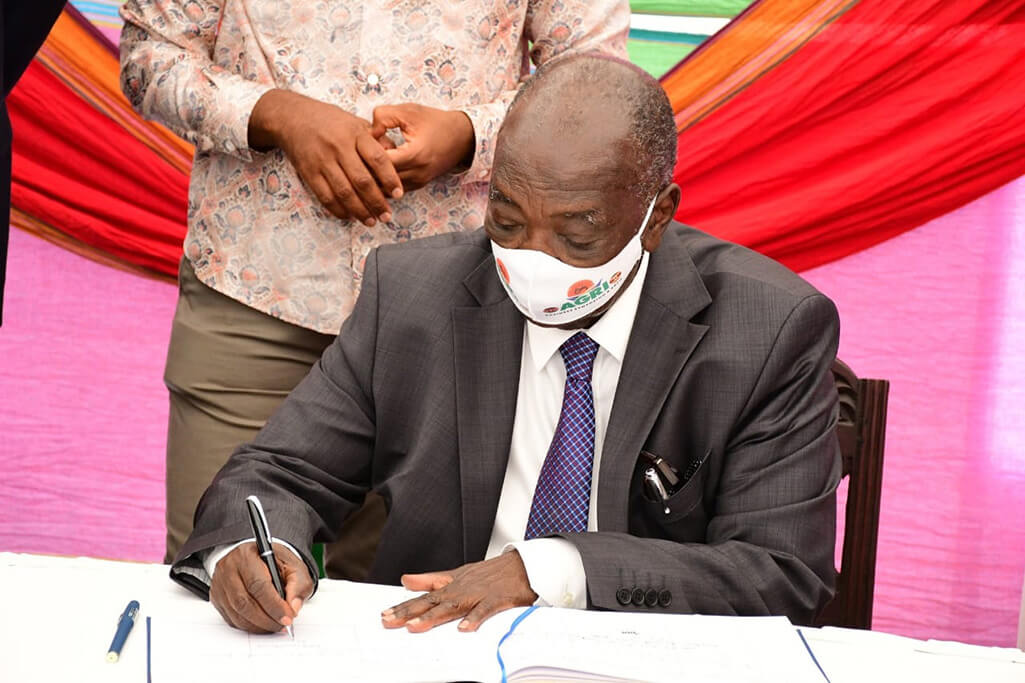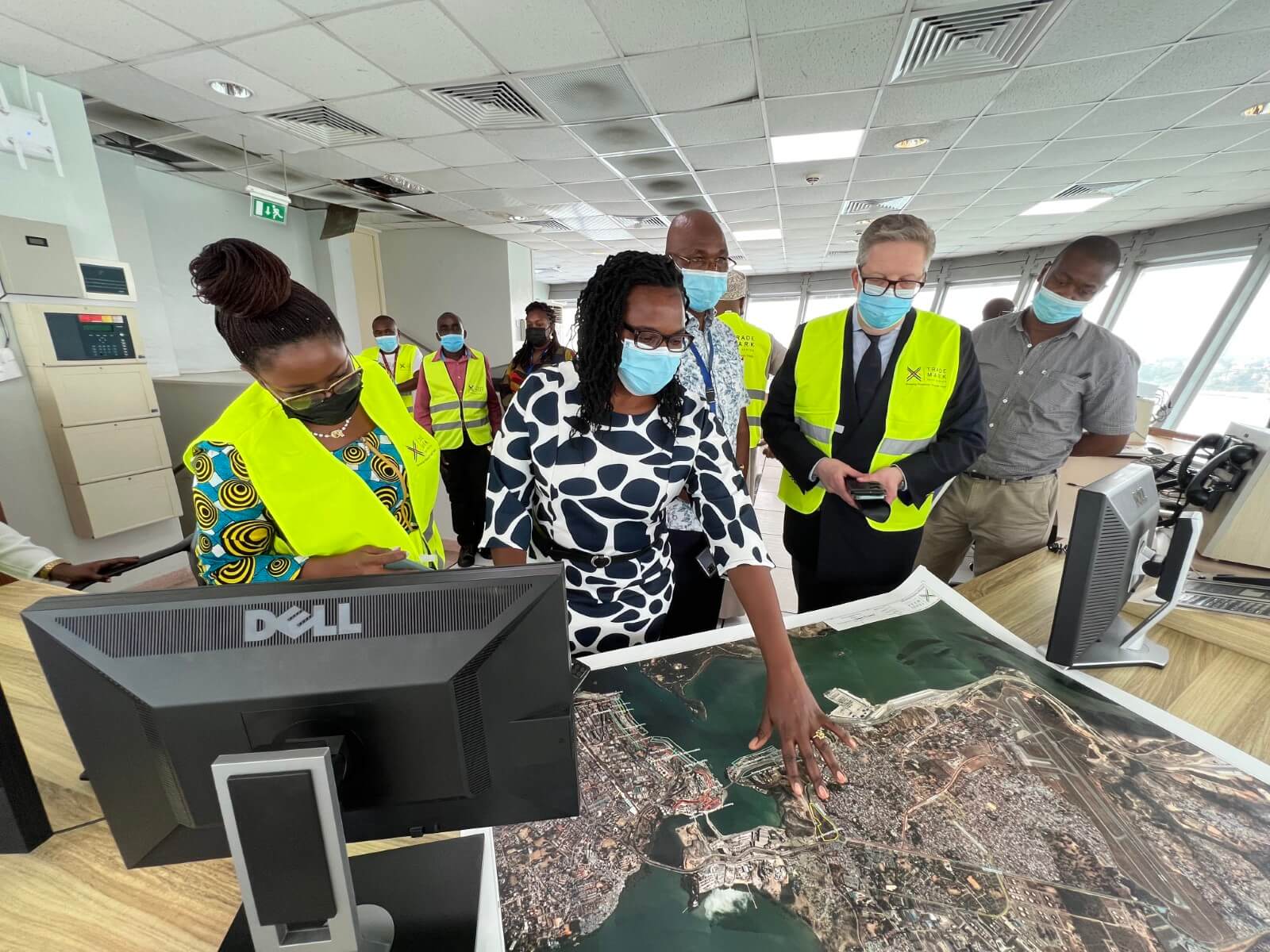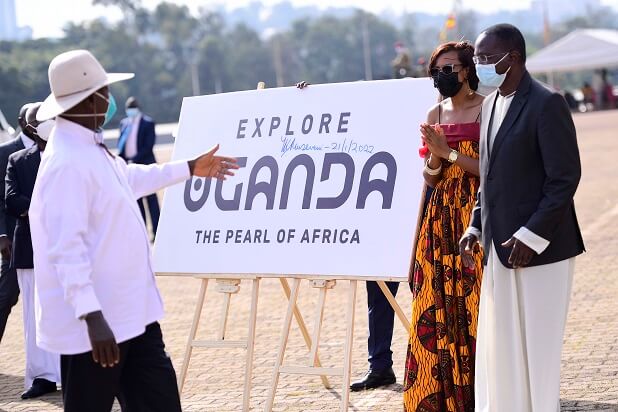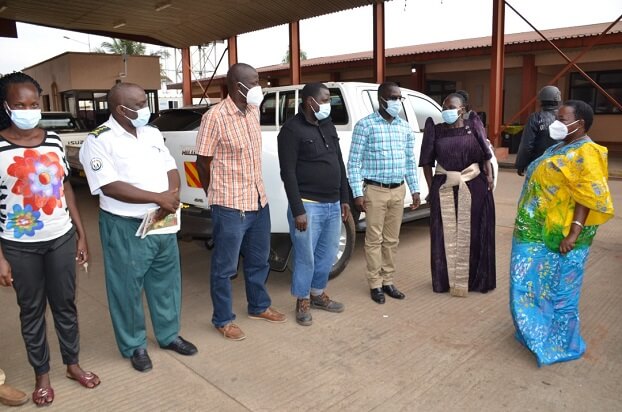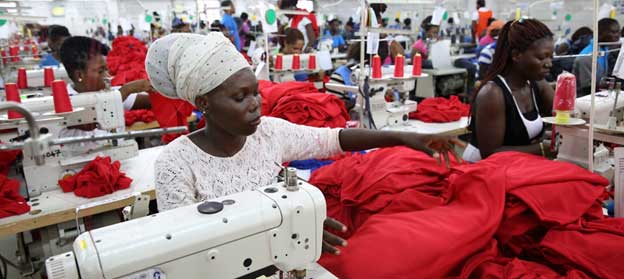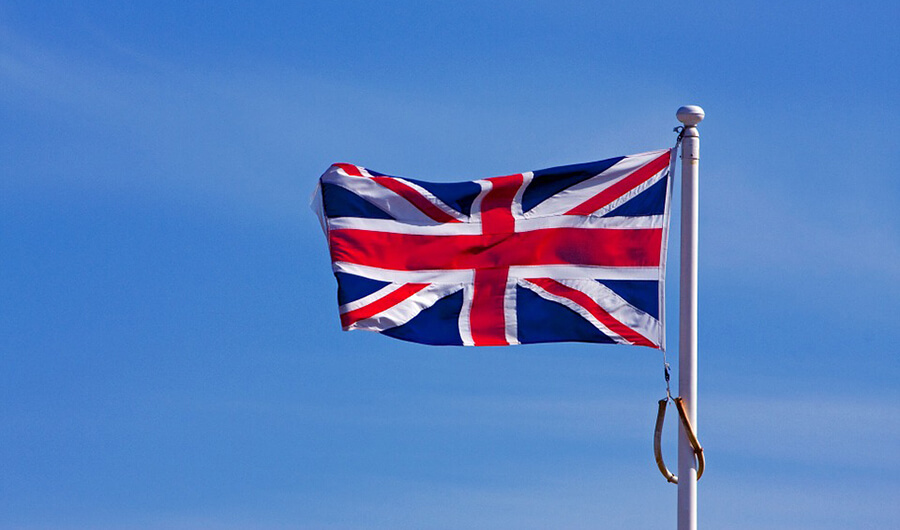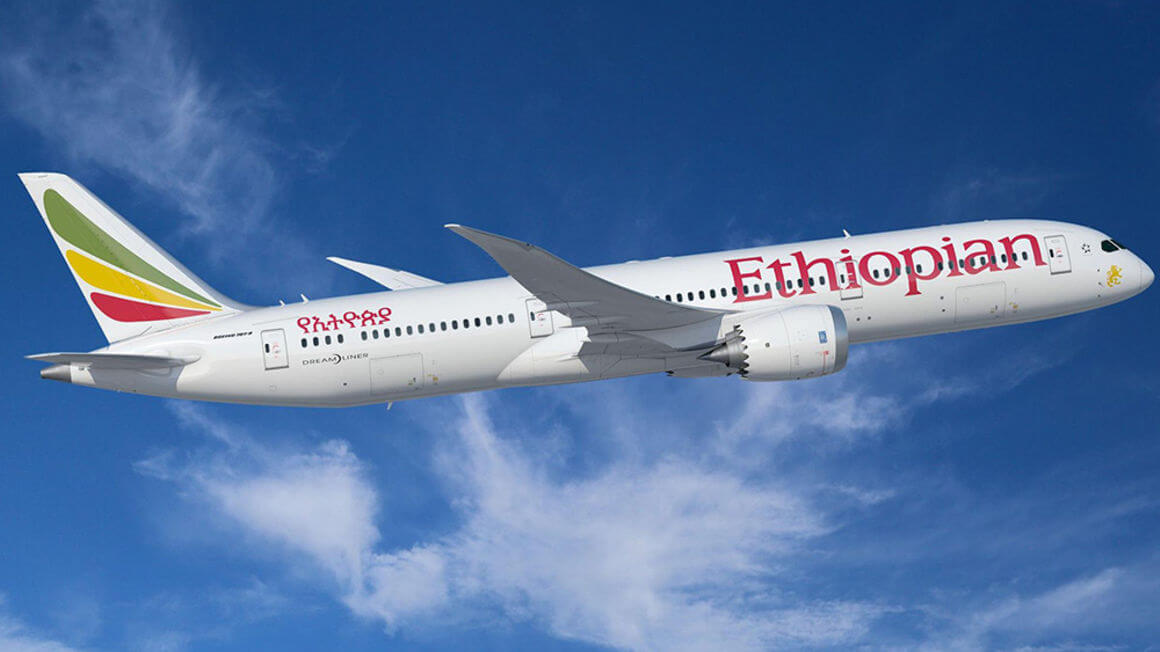Summary First, Africa expects its leaders to take urgent action to speed-up access to Covid-19 vaccines, while also ensuring that health remains a permanent priority after the pandemic. Recent outbreaks of new Covid-19 variants reinforce just how interconnected the world is and why it is crucial to ensure everybody is vaccinated: a fresh breakout anywhere is a threat everywhere and no-one is safe until everyone is safe. The second priority for the AU Summit is to chart a roadmap for a resilient economic recovery post-Covid-19. The IMF estimates that Africa needs additional financing of $285 billion through 2025 just to respond to the pandemic, and at least $500 billion to get back on track to pre-Covid-19 levels of economic performance. As the African Union marks its 20th anniversary this year, there are three priorities that must top the agenda of leaders meeting at the Heads of State Summit in Addis Ababa in early February. First, Africa expects its leaders to take urgent action to speed-up access to Covid-19 vaccines, while also ensuring that health remains a permanent priority after the pandemic. The latest data shows that less than 11 percent of Africa’s 1.2 billion people have been fully vaccinated. In contrast, nearly 72 percent of high-income countries have been fully vaccinated and wealthier nations are now doling out booster shots and stockpiling vaccines for future use while Africa struggles to provide first and second doses to a fraction of the population. Recent outbreaks of new Covid-19 variants reinforce just how...
What Africa expects from leaders’ summit as African Union turns 20
Posted on: February 9, 2022
Posted on: February 9, 2022

